There’s no question that climate change is real. Now accepted as an international issue, climate change means a lot more than less days you gotta wear pants: it can mean disastrous storms, unusual weather patterns, increases in allergens, violence, and of course, problems with the food we eat.
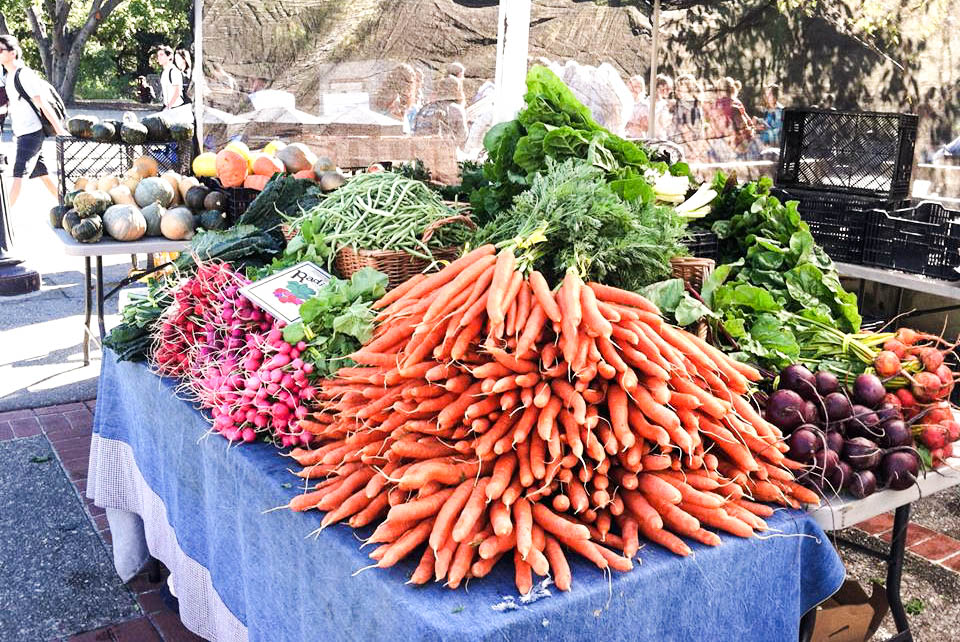
Photo by Katie Huang
But how can it do that? Well, all food comes from plants. Now let’s think back to 2nd grade. Remember learning about photosynthesis? Great. What do plants need to grow? Oh, that’s right, water, sunshine, and CO2, all of which are impacted by climate change.
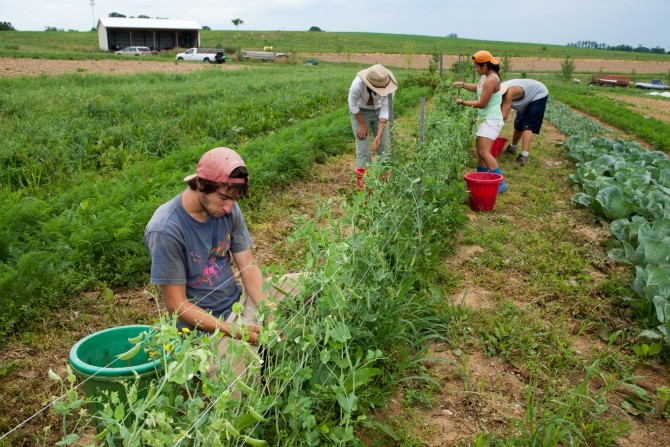
Photo courtesy of ecoleague.com
CO2 is a natural part of the air we breathe. It’s a greenhouse gas, and it’s on the rise. CO2 is also plant food. And with more of it in the atmosphere, the more plants can eat and grow. But this isn’t always a good thing.
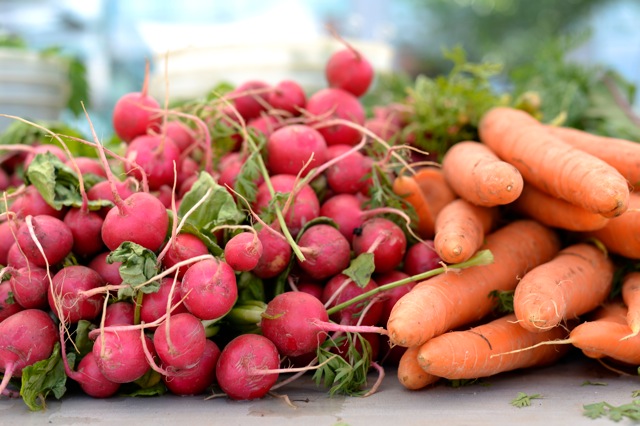
Photo by Laura Palladino
Plants may grow more quickly — but not all plants are good plants. Invasive species have an easier time taking over, as can allergen-causing and toxic plants. Yikes.
But where things really get scary is in the nutrient quality of the food. The plants consume the CO2 and they grow. But it’s so fast, they don’t take up as many nutrients from the soil.
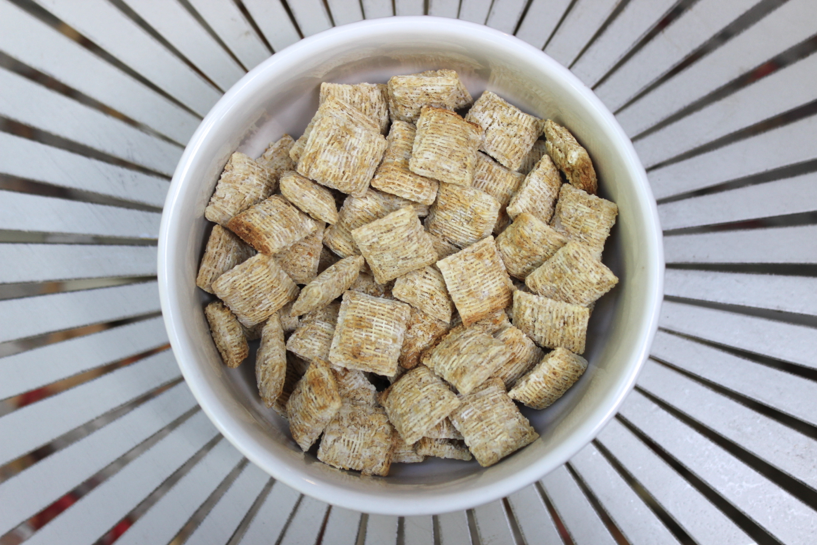
Photo by Katherine Baker
This means our foods are getting less and less nutritious. Wheat, for example, decreases its protein content with increasing CO2. But wheat isn’t the only one on the struggle bus. Other crops are feelin’ the heat (pun intended, too). Staple crops like rice, barley, and potatoes all now have less protein than they used to.
They’re also losing things like calcium, zinc, iron, magnesium, which may not sound that scary to you, but in developing countries where nutrients are more scarce, this can bring on what experts call “hidden hunger,” aka micronutrient deficiencies and malnutrition, even in the presence of abundant foods.
It’s even speculated that if we don’t start cleaning up our act now, we could get to a threshold where things get so hot, plants don’t flower, and that means no fruit. Tear.
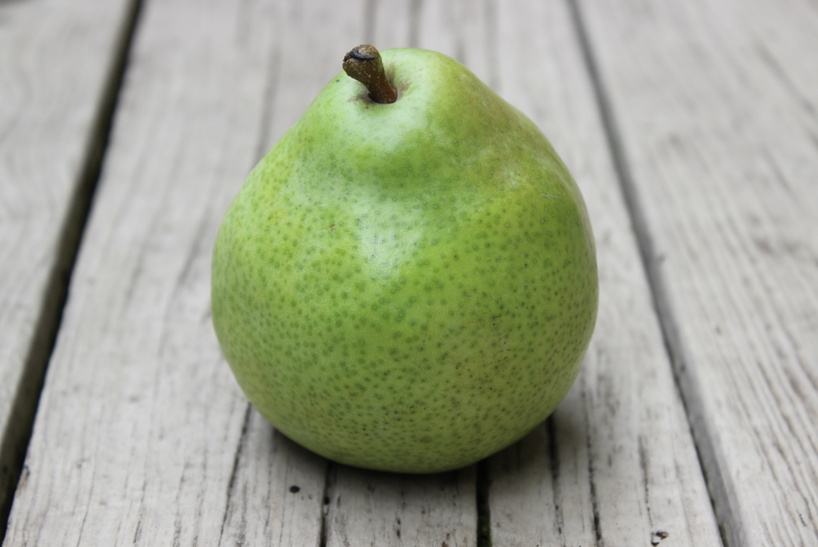
Photo by Katherine Baker
Let’s think: what else is a plant? Oh, that’s right, marijuana is a plant. CO2 has been shown to make it more potent. Worse than that, it also makes dangerous opioids like poppy and heroin have higher content of the addictive.
While this may sound super groovy to some in theory, stronger drugs lead to more health effects and quicker addictions, and more adverse health outcomes.
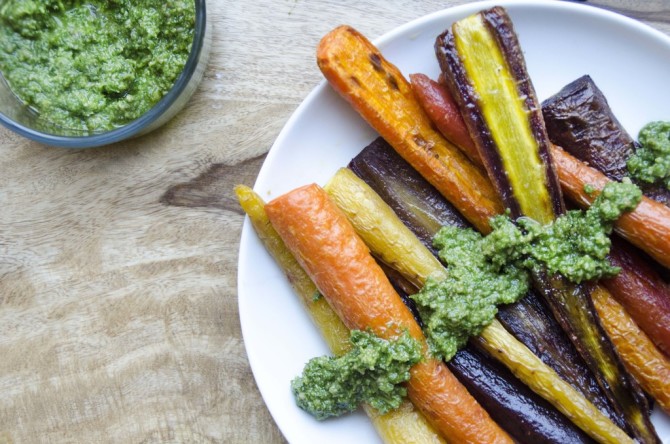
Photo by Becky Hughes
How can you help? Read more about reducing food waste and eating more sustainably, and start thinking about other ways you can decrease your carbon footprint. Every little bit helps!


